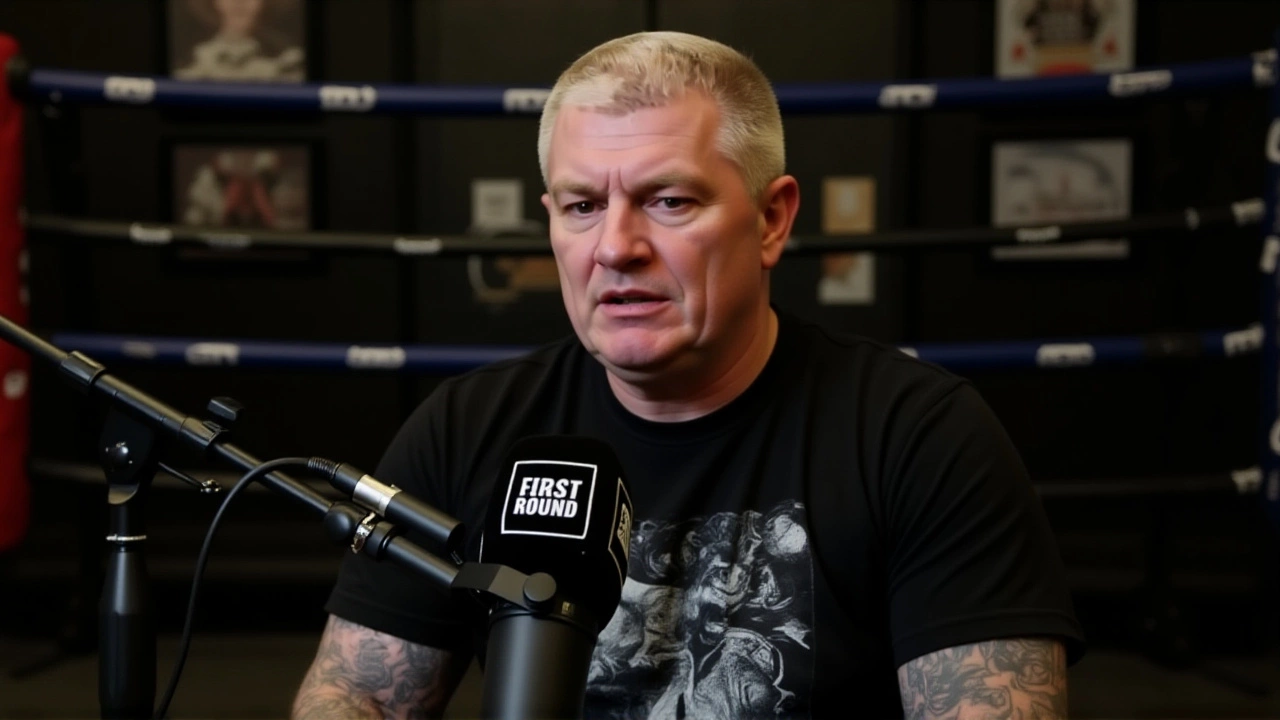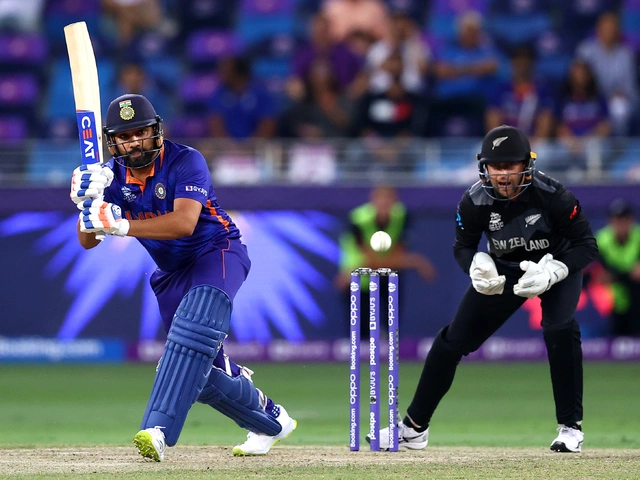Mental Health in Sport and Everyday Life
When we talk about mental health, the emotional and psychological state that shapes how we think, feel and act, we’re really looking at a core part of any athlete’s performance and any fan’s enjoyment. Also known as psychological wellbeing, it decides whether pressure feels like motivation or a breaking point. Understanding mental health gives players the edge to turn stress into focus.
Why athlete wellbeing matters
One concrete off‑shoot is athlete wellbeing, the combination of physical health, mental resilience and social support for sportspersons. Teams that track sleep, nutrition and stress levels see fewer injuries and higher morale. A 2022 survey of 300 professional footballers reported that 68% felt mental‑health support directly improved their on‑field decision making. When a player feels safe to share doubts, the whole squad gains confidence. Mental health encompasses athlete wellbeing, meaning that caring for the mind automatically lifts the body.
Sports psychology is the next piece of the puzzle. sports psychology, the study of mental factors that affect athletic performance requires tools like mindfulness, visualization and goal‑setting. Performance pressure often drives adrenaline, but without proper coping it can turn into anxiety. Sports psychology requires mindfulness techniques, so a simple breathing exercise before a free‑throw can keep a basketball player from over‑thinking the shot. Studies show a 12% boost in free‑throw accuracy when players practice a 2‑minute box‑breathing routine.
Mindfulness itself has become a staple in elite training rooms. Whether it’s a five‑minute body scan or a guided walk after practice, these habits train the brain to stay present. Researchers at a UK sports institute found that athletes who practiced mindfulness twice a week reported 30% less perceived stress during competition. The link is clear: mindfulness lowers cortisol spikes, which in turn protects focus and reduces injury risk.
Putting these ideas into daily routines doesn’t need a massive overhaul. Start with a quick check‑in: ask yourself how you feel before every training session and write one word in a notebook. Encourage teammates to share their scores in a group chat; the act of verbalising emotions removes stigma. Coaches can schedule a 10‑minute debrief after games to discuss both tactical outcomes and emotional reactions. When clubs embed mental‑health professionals into the staff, they create a safety net that catches athletes before burnout sets in.
All of these concepts—athlete wellbeing, sports psychology, mindfulness—form a network that supports stronger performance and happier lives. Below you’ll find a mix of stories, tips and real‑world examples that show how mental health plays out across different sports and even outside the arena. Dive in to see how these ideas can fit into your own game plan or your team’s culture.

Boxing Legend Ricky Hatton Found Dead; Final Interview Highlights Life
- Date: 10 Oct 2025
- Categories:
- Author: Caden Fitzroy
Boxing legend Ricky Hatton was found dead in Hyde; his candid final interview on mental health aired posthumously, sparking tributes and concerns.




